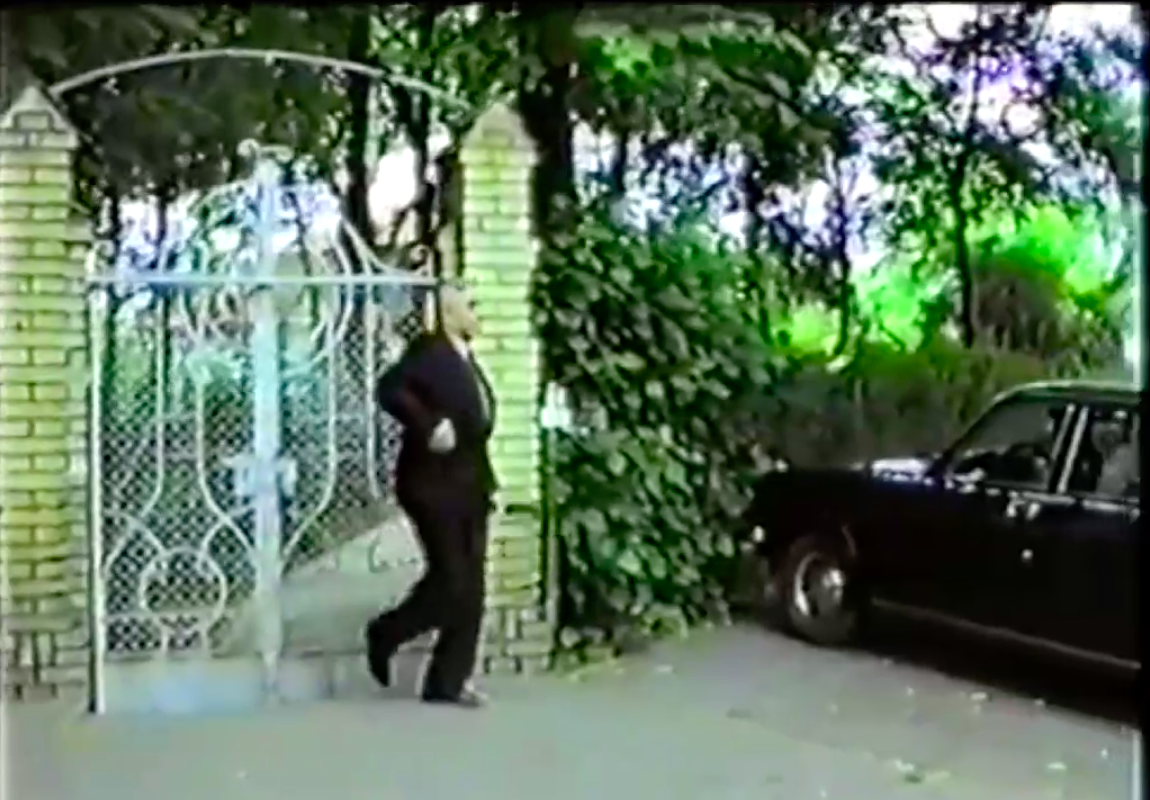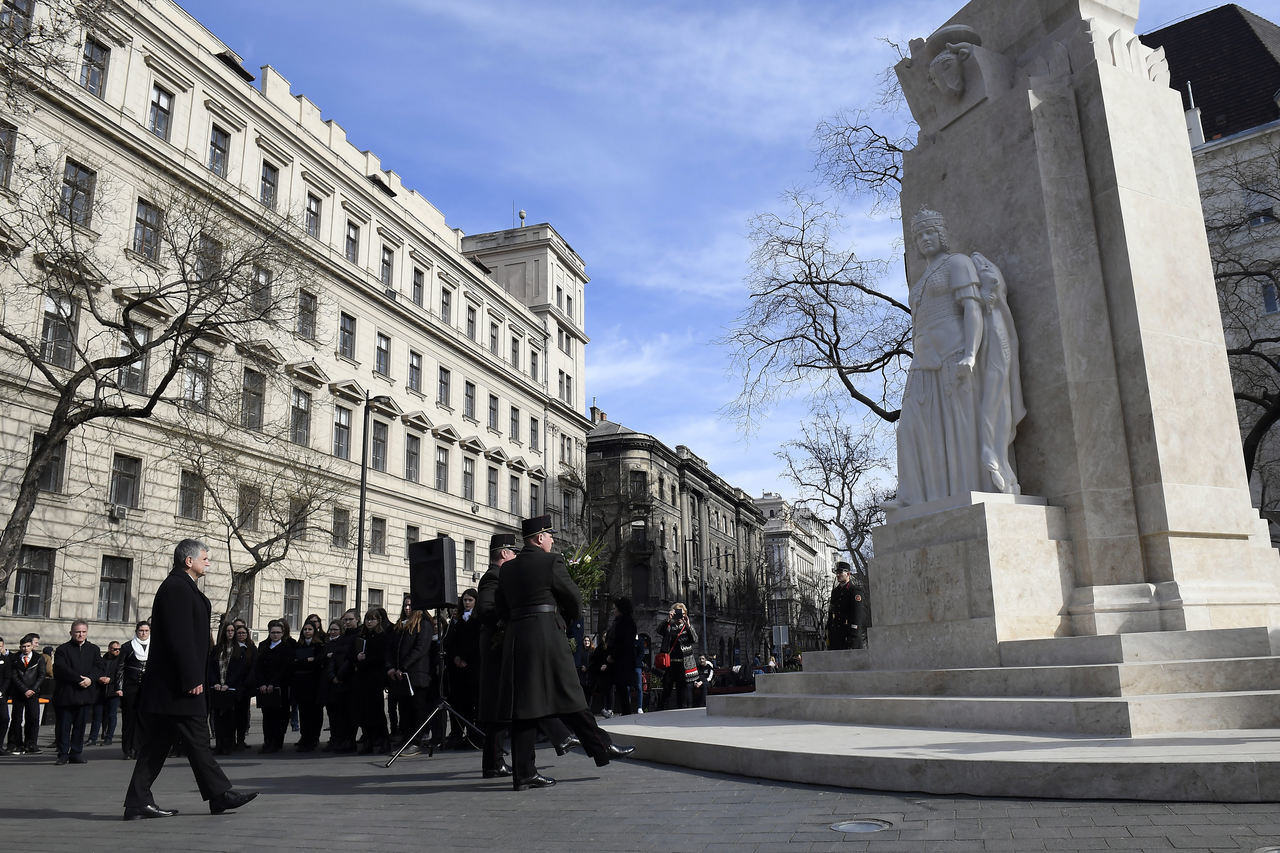Victims of communism remembered at monument of national martyrs
House Speaker László Kövér and Human Resources Minister Miklós Kásler laid wreaths of commemoration at the monument of national martyrs on Tuesday, marking the day of victims of communism.
The event was organised jointly by the Parliament Office and the Rakoczi Association.
Speaking at another commemoration, Gergely Gulyás, the head of the Prime Minister’s Office, said that communist dictatorships had some 100 million victims worldwide. An estimated 700,000 Hungarians were deported to Soviet forced labour camps, where nearly half of them died. “There have been no statistics about the disabled, those with permanent physical or mental wounds,” he said.
Gulyás said
the communist rule ended in Hungary in 1989, but insisted that “the communists and their crimes are still with us”.
Gulyás criticised Budapest’s management over their support to an exhibition on the liberation of Budapest in 1945, which Gulyás said
evoked memories of Hungary’s Soviet occupation and the death of thousands of Hungarians.
“Those that seek to find excuses for the murderers… cannot be believed even if they talk of democracy,” he said.
Victims of communism are remembered each year on February 25, the anniversary of the arrest and deportation to the Soviet Union of independent smallholder politician Bela Kovacs in 1947.

Read alsoThe last Soviet soldier leaving headquarters in Hungary – VIDEO
please make a donation here
Hot news
Grandiose railway development plan announced concerning the Great Hungarian Plains
Hope for a little boy battling the incurable disorder DMD: Dusán’s family seeks support for experimental treatment
Tourists and immigrants revitalise Budapest’s iconic region as 1/5th of shops change
Top Hungary news: Festive trains, Wizz passengers stuck in Belgium, minimum wage increase, lego tram — 21 November, 2024
Hungary stands firm on Russian energy: FM Szijjártó defends sovereignty amid EU criticism
Wizz Air flight delayed for 18 hours: Passengers stuck in Brussels airport




